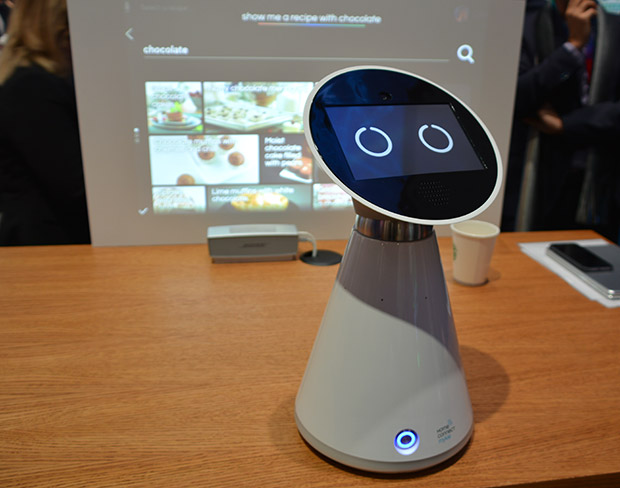
Roomba, Nest, Alexa, and Bosch’s Mykie may lead some of us to imagine a future in which robots serve us, care for us, and amuse us as we enjoy all the leisure we get when robots take our jobs. But many people are thinking of a future in which robots take our jobs and leave us with no sense of purpose and no income. Conversations about automation almost inevitably include the possibility of robots taking over human jobs to the point at which many people will be unemployed.
A book by Max Tegmark, Life 3.0: Being Human in the Age of Artificial Intelligence, takes the question on in great depth.
Two ways automation cuts jobs
The author acknowledges that robots are already covering more less-skilled tasks and jobs, leaving humans with better employment opportunities — but fewer of them. Low-skilled workers have fewer jobs available and those jobs pay less. Higher skilled workers are earning more and have more job options, but the total competition for those jobs is greater.
What’s more, increasing amounts of profit go to the people who own the machines, not to workers. The digital economy has lower overhead and fewer barriers to entry, and the products and services sold in this space produce revenue for the few owners of the system, rather than for the many who work on a product which can be sold millions of times at little additional cost. A software widget has a completely different economic reality from a car.
What about human skills?
The third way that automation will lead to job loss is in the jobs that only human beings can do. Tegmark asks three questions about a job:
- Does it require interacting with people and using social intelligence?
- Does it require creativity and problem solving?
- Does it require working in an unpredictable environment?
If the answers to these questions are “yes,” then the job we’re describing is not something a robot can do. Even robots like Pepper and Kuri, which have been designed to mimic social intelligence, are a far cry from human beings.
Here’s the problem. If engineers, artists, and massage therapists have the safe jobs, then there will be massively more competition for those jobs. Right now, full time working American musicians average incomes of $35,000 a year, and many more musicians have a day job and play music for pleasure. Young people entering the work force know that there will be a few musicians who make a lot of money but most won’t earn much at all, and few parents push their kids to become musicians.
When the available unskilled day jobs come down to serving coffee made by machines or cleaning factories run by machines, Tegmark reckons, musicians will be more likely to compete for the few jobs in music. Right now those jobs are higher risk, so there’s less competition for them. But when jobs like driving trucks or working in retail are rare, being a working musician could seem like a better prospect.
Tegmark suggests that income may become less important in the future than it is now, but his predictions about life with maximum autonomy are for the far future, and have more in common with science fiction than with our current reality.
For the foreseeable future, you’ll want to keep your machinery running as well as possible. We can help you with that. Call 479-422-0390 for immediate assistance with all your Rexroth electric industrial motion control needs.
